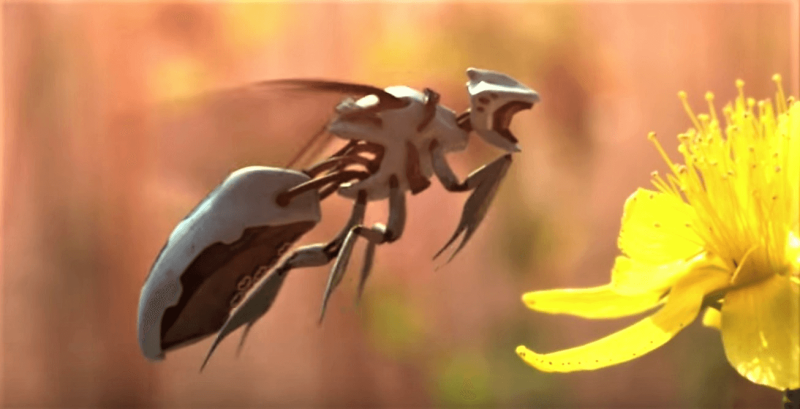Is AI taking over the jobs of bumblebees? Well, not exactly.
Bumblebees are typically used to pollinate plants in glasshouses all over the world. However, they are prohibited in Australia, so pollination must be done manually.
Hence, prominent Australian fresh produce company Costa Group is deploying AI to implement robotic pollination in one of its tomato glasses, thanks to its partnership with Israeli firm Arugga AI Farming.
The AI-powered robot is named “Polly” and will pollinate truss tomato plants in Costa’s tomato glasshouse facilities in Guyra, New South Wales.
In its commercial application, Costa wrote on its website that these robotic pollinators will drive between the rows, detect flowers that are ripe for pollination utilizing artificial intelligence, and then emit air pulses to vibrate the flowers in a certain way that mimics buzz pollination that is carried out by bumblebees.
Compared to using insects, like bees, and the human laborers that are occasionally required to aid with the growth of particular crops, pollination robots could provide future farmers with a major advantage, which is to improve productivity.
Even though bee populations are declining globally, the researchers claim that their goal is to help explain pollination and the variety of bee species, not to develop robotic bee replacements.































